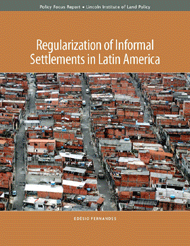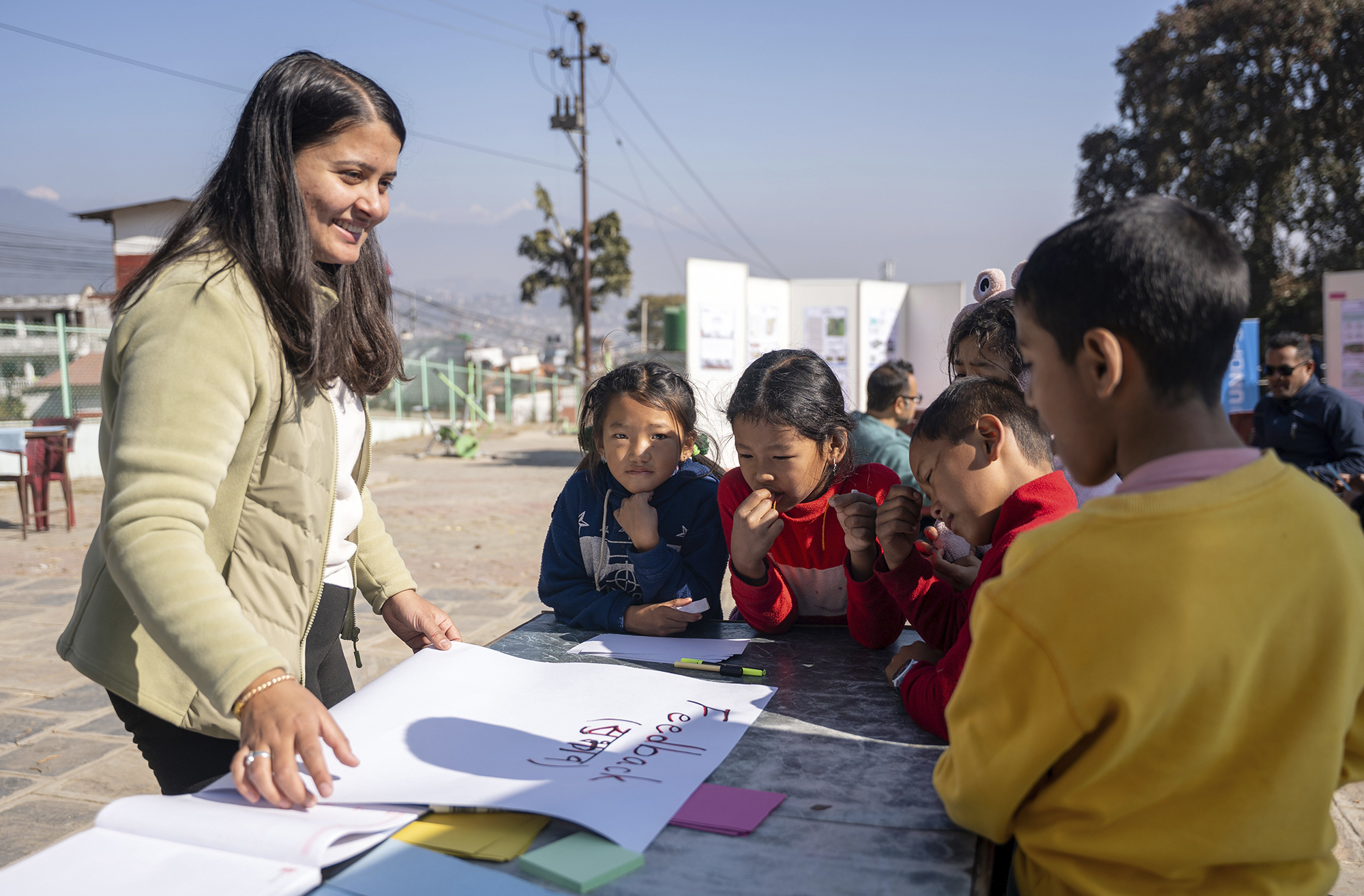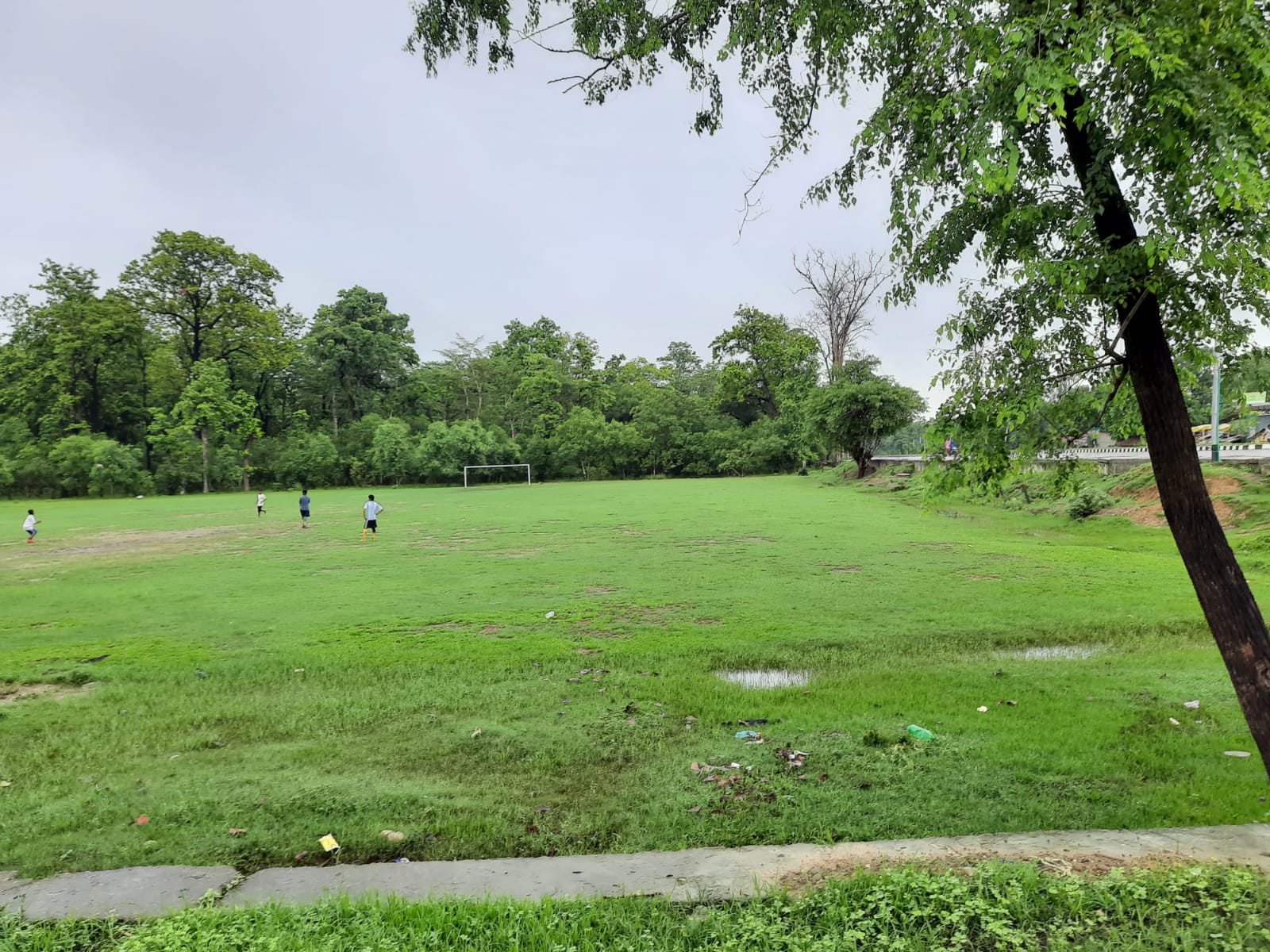
Programmes for “regularising” these places have had mixed results so far, according to a new report by the Lincoln Institute of Land Policy titled Regularization of Informal Settlements in Latin America.
The two major approaches to regularisation – legalising parcels by awarding the occupants titles to the property as exemplified in Peru, and Brazil’s broader approach that combines titling with extensive upgrading of public services – both fall short of expectations.
Titling by itself is relatively inexpensive but has not triggered neighbourhood improvements, while upgrading is much more costly and can stimulate additional irregular development by those hoping to benefit from future upgrading.
“Regularisation programmes need to be designed carefully to avoid either making conditions worse for the low-income residents the programs are intended to help, or stimulating the development of new informal settlements,” said the report’s author, Edesio Fernandes, a lawyer and international expert on regularisation who was a visiting fellow at the Lincoln Institute in 2008-2009.
In the report, Fernandes looks at regularisation through established programmes in Peru and Brazil. Based on the experiences in those countries, he makes the following recommendations for programmes going forward:
- Evaluate the performance of regularisation programmes, based on collecting both baseline data before programme implementation and subsequent data on programme costs and outcomes.
- Customise policies and programmes, because a single approach is unlikely to work well across all situations.
- Use appropriate titling systems (freehold, leasehold, cooperatives, land trusts, or communal ownership) to ensure the socioeconomic sustainability of the community.
- Seek the participation of both men and women to avoid building gender bias into the process and to increase its long-term effectiveness.
- Make regularisation more self-sustaining financially through property taxes and charges on urban infrastructure and service improvements to capture part of the resulting land value increment. Payments for urban services in regularised areas should be equitable, follow the same principles as in formal areas, and be affordable to residents whose current payments for some services, such as truck-delivered water, may exceed the costs of regular services.
-
Support more research and analysis to determine if the situation is improving or worsening in particular cities and to prevent the establishment of additional informal settlements, particularly when they are thought to be caused by regularisation programmes themselves.
Download Regularization of Informal Settlements in Latin America from the Lincoln Institute website




